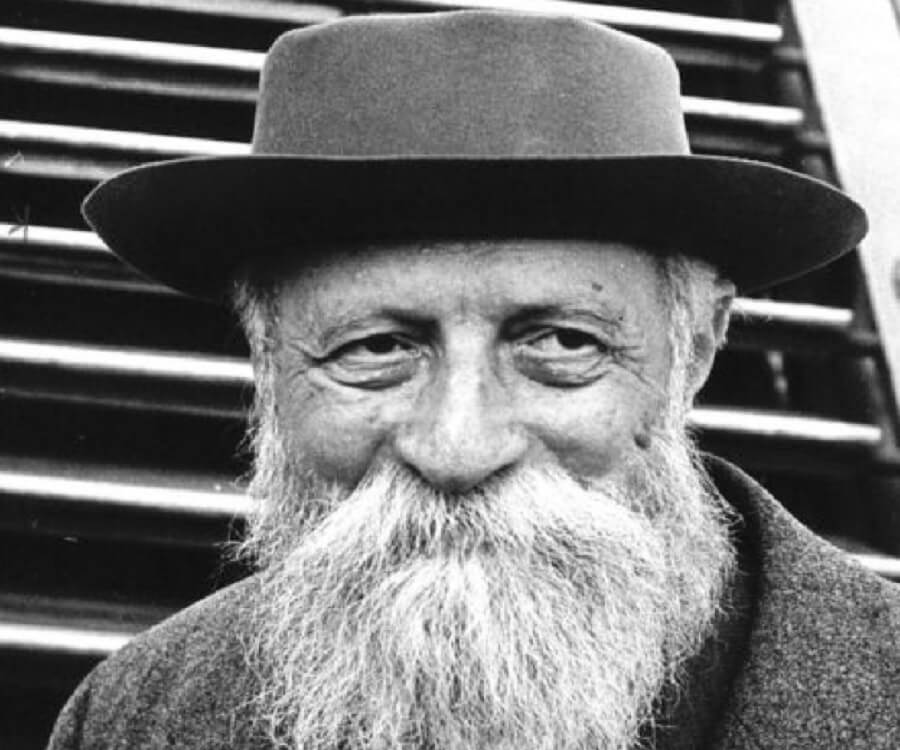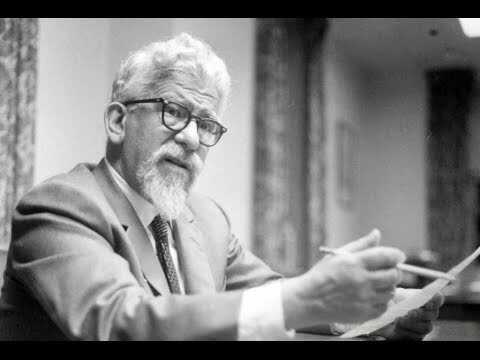Marc Ellis reviews Paul Mendes-Flohr’s new biography, Martin Buber: A life of Faith and Dissent: “My biggest complaint, a serious one, is that Buber’s understanding of the prophetic is mentioned but is hardly given the due needed. Buber’s analysis of the prophetic and its consistent failure, exemplified in his life both in Germany, Palestine and Israel, will, in my view, be, perhaps already is, Buber’s greatest contribution to the Jewish present and future.”
The Israeli bombing of Gaza brought the crisis of the Jewish professional to a head. How to be a rabbi to a community and challenge that community’s ethics? Marc Ellis writes that Rabbi Brant Rosen’s psalm, beginning, “oh lord deliver me from my people,” rises to the challenge.
Marc Ellis was to lecture students in Gaza by Skype but Israeli bombing caused a postponement– a first for the veteran scholar, who writes, “You are witnessing the end of ethical Jewish history.”
“Sometimes I am asked where would I begin if I were to write a Jewish Theology of Liberation today from scratch?” Marc Ellis writes. “A Jewish Theology of Liberation might begin with an addition to Emil Fackenheim’s 614th commandment or, more to the point, the positing of another commandment,” he answers, “after the Holocaust and after Israel – and what Israel has done and is doing to the Palestinian people. The 615th Commandment? ‘Thou Shalt Not Murder Those Who Resist Your Oppression.'”
Marc Ellis writes that the rescinding by the Birmingham Civil Rights Institute of an award to Angela Davis raises issues about the Black-Jewish alliance and the ability of Jews to set parameters for African Americans to speak on Jewish questions, including Israel. There is a war over that question. The Jewish establishment sees Angela Davis as an enemy. Jews of Conscience see her as an ally.
Marc Ellis on the passing of Amos Oz: “Like Wiesel, Amos Oz was a witness to the destruction and reemergence of Jewish life in the formative events of the Holocaust and the birth of the state of Israel. What they also experienced but couldn’t fathom was the formative event of Palestinian freedom as a demand on Jewish history. In missing the next question of Jewish life, while trying to deflect and demean those who did, Oz’s liberal Zionist witness became tarnished and, like Wiesel’s Holocaust consciousness, fated.”
On Yom Kippur, Marc Ellis reflects that the historical damage done to Palestinians and the occupation of Palestine itself is permanent, making it difficult to read Jewish theologians who were optimistic about Israel as at best simplistic. It is becoming more and more difficult to read hopeful interpretations of Jewish life and Israel.
Marc Ellis looks at what comes next after the Great March of return and the Gaza massacre: “In Gaza, the end will continue. As it has for decades. But not only for Palestinians. For Jews within Israel and Jews outside Israel, the historical judgment is certain. Let’s be honest. And realize that the Jewish approach to Israel and the Palestinians, improving modestly over the years but severely compromised, will continue to be interrogated by the suffering of Palestinian populations in Gaza and elsewhere in Palestine. Palestinians are trapped. Jews are too.”
Marc Ellis writes, “Seeing Trump’s Jerusalem Declaration as an end game, as if Trump’s Hanukkah gift came from out of the blue, is a mistake. When celebrated, it gives him too much credit. When lamented, it places too much blame on him. Jerusalem has been in stalemate since the formation of the state of Israel: West Jerusalem colonized by Israel since 1948; East Jerusalem colonized by Israel since 1967. Trump’s Hanukkah gift comes at the end of this colonization. It gives a green light to the final phase of Judaizing Jerusalem.”









